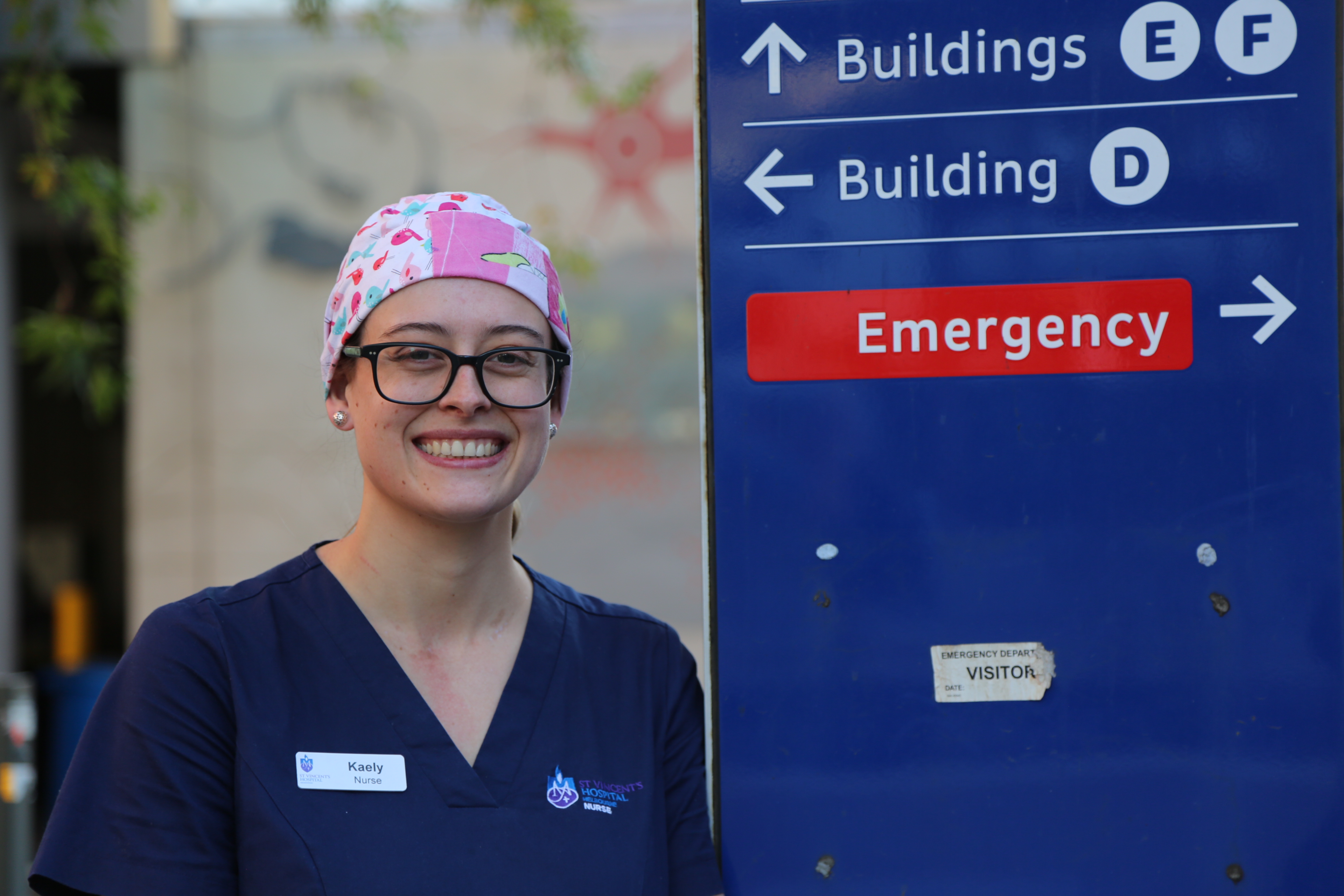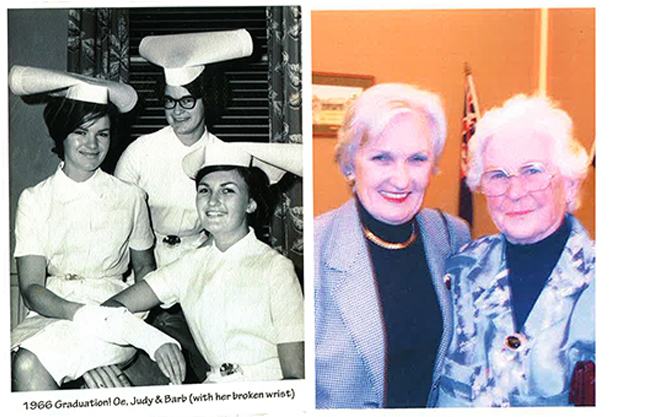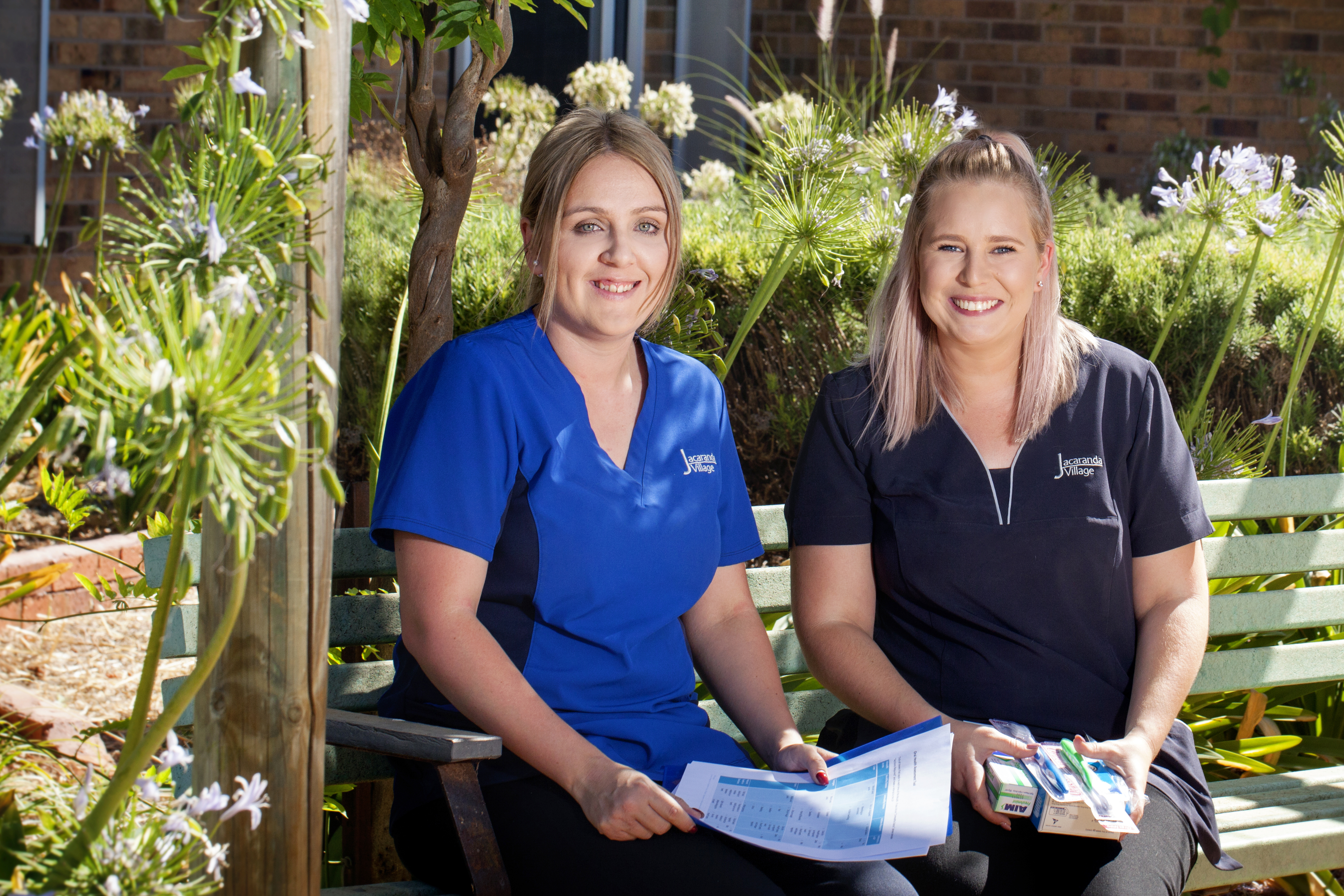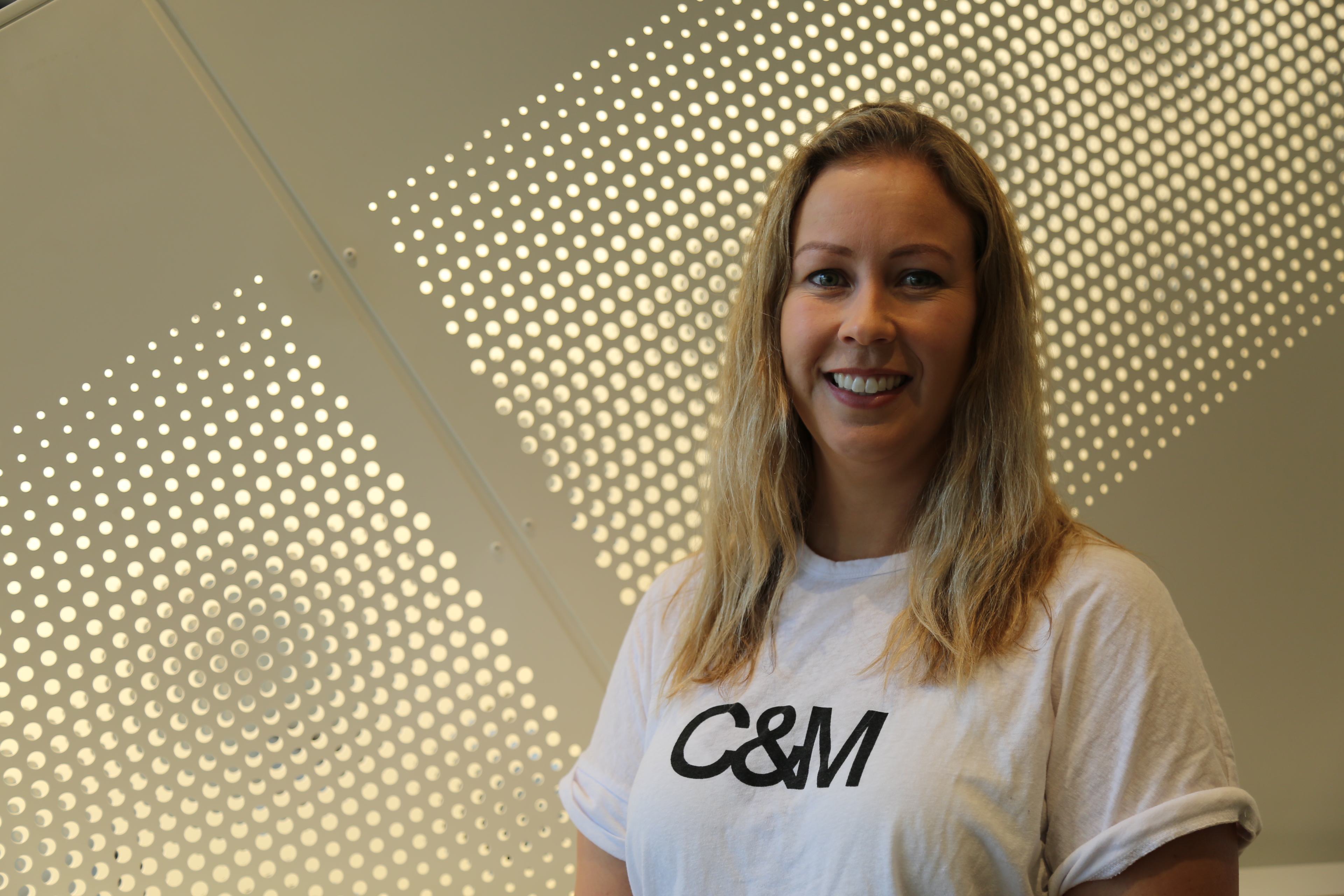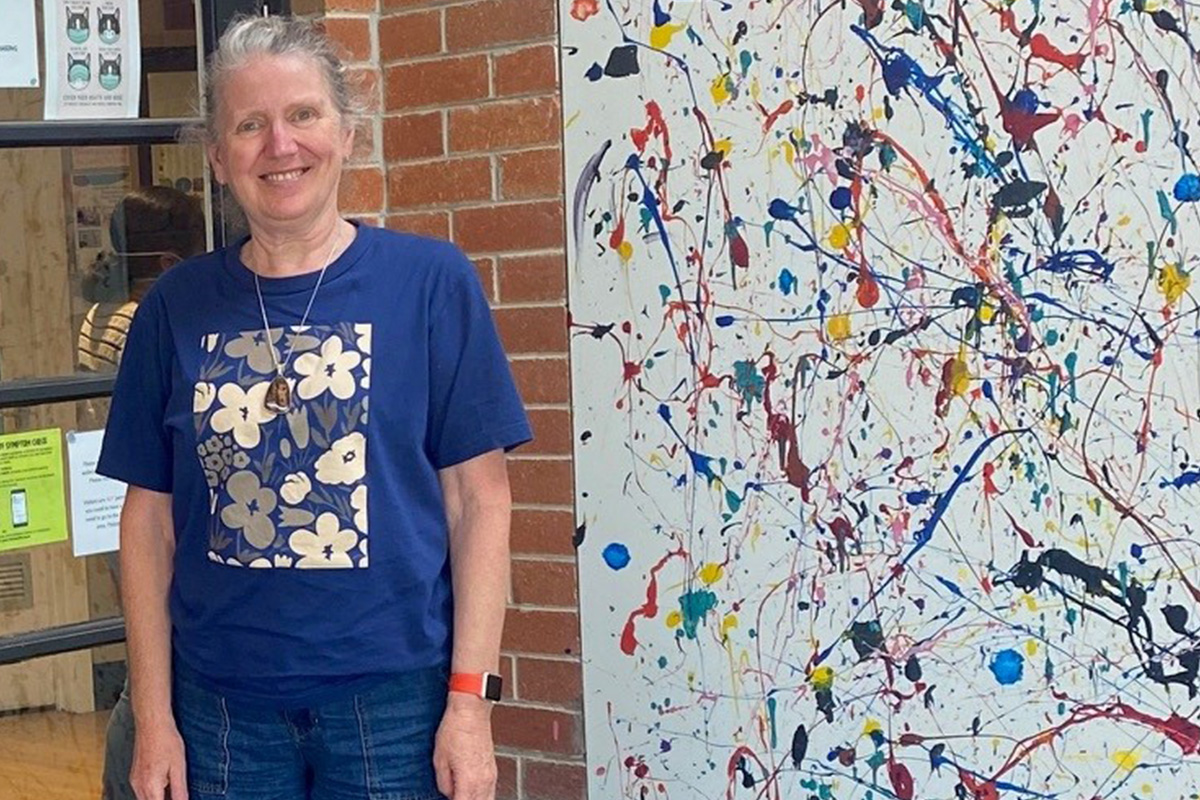
Linda Kelly. Photo: supplied
One of the core aims in nursing, says Linda Kelly, is equitable care. ‘If you are ignoring the most vulnerable – people on the streets or people with IV drug habits – then you’re not really delivering on that important social justice principle.’
Linda is the nurse unit manager at Westside Lodge, a 20-bed rehabilitation facility run by Western Health at Sunshine Hospital. The dual diagnosis drug and mental health service offers a three-month voluntary residential program for people experiencing both problematic drug or alcohol use and mental health issues. Opening its doors three years ago, the lodge has been so successful that the Andrews Government is now investing $9.42 million to expand its capacity by a further 10 beds. Having been there from the beginning, Linda is justifiably proud.
The seeds were sewn more than 20 years ago, when she was working in a complex care unit at Royal Melbourne Hospital. Noticing that some patients in the unit following overdoses were virtually living there because there was no community care for them, she began to think there must be a better alternative. When an opportunity arose, she joined Royal District Nursing Service (RDNS) in a withdrawal unit in Footscray, where she ‘really began to understand the reality of life for people who are using substances, and the reasoning behind a lot of their substance use as well – the human element.’
‘It was really hard to get people in to see doctors; it was virtually impossible to get people into mental health care.’
Following the establishment of the RDNS Homeless Persons’ Program, Linda came on board and spent the next 20 years of her career with them. ‘I worked in St Kilda, co-located in the St Kilda Crisis Centre, and then we opened up Access Health as part of that as well. We started to provide that community care for people who were living on the street in St Kilda, who had substance use and mental health issues, and everything else that comes along with homelessness.’
One of the major obstacles in providing adequate care for these people, Linda says, was that very few mainstream health services were happy to accommodate them. ‘It was really hard to get people in to see doctors; it was virtually impossible to get people into mental health care.’ It was a catch-22: medical and mental health clinics would refuse to help unless the person stopped using substances, and AOD services would refuse on the grounds that the person needed to be seen by psych services.
A public health issue
‘I feel like a lot of those 20 years I was banging my head against the wall,’ Linda says. But once they got Access Health established, they started to get doctors on board ‘and people really started to see it for what it is: a public health issue.’
With more medical buy-in, things began to change. They implemented a 24-hour needle and syringe program – ‘the local residents were up in arms, but of course their fears didn’t eventuate’ – and made treatment for hepatitis C a priority. The development of pharmacotherapies helped too. ‘We made sure that everybody who came in had their education session and was given Naloxone to use out there in the community if need be.’
It’s an impressive list of achievements but there’s still a long way to go and eventually Linda began to feel that she had done all that she could within the area. Content in the knowledge that the service was in safe hands, she jumped at the opportunity to get involved when she heard that Western Health were putting together Westside Lodge.
‘We have continual rotation of student nurses. Often they come in and they look a little bit hesitant. But within a day or so they’re saying “I love this, this is fantastic”.’
‘It sounded like something that might really be focused on trying to understand both the mental health issues as well as the substance use issues, how they intrinsically work together, and the trauma behind it. I wanted to be part of that.’
Linda helped get it going ‘from the ground up’ – establishing processes and guidelines, and getting a multidisciplinary team together before opening the doors. She quickly became nurse unit manager, and then COVID arrived. While the virus obviously added complications, Linda says they’ve managed well enough. ‘It’s an evolving process, of course, and bringing people along with you on the journey is tricky at times. But everyone’s here with the same desire to help the clients. And they are just wonderful clients.’
A welcoming community
To become a client of Westside Lodge, an individual must be ‘beyond the acute phase of their illness and motivated to work towards their recovery.’ As clients, they receive tailored care plans, including group therapy and one-on-one treatment, in a structured and therapeutic environment supported by addiction medicine consultants, nurses, social workers, psychologists and dual diagnosis clinicians.
They might come to Westside Lodge direct from a withdrawal unit, ‘frazzled, uncomfortable, anxious, and not over their withdrawal.’ They are greeted by a welcoming, non-judgemental community – including Ruby the resident therapy rabbit. As they progress through the program, in addition to receiving clinical attention, they also learn how to live in a community, how to cook, how to care for themselves. Sleep hygiene is an important focus.
Many of the clients come back after they complete the program – not because they’ve relapsed but to talk to current residents about how Westside Lodge helped them. ‘One person has become an NDIS worker,’ Linda points out. ‘Somebody else has opened their own little jewellery business that is doing quite well.’ For other people, success is about re-linking with their family, or taking on further education, or working towards becoming an AOD counsellor themselves. ‘A lot of people have expressed an interest in that.’
Asked what she would say to someone considering AOD nursing, Linda is enthusiastic. ‘We have continual rotation of student nurses,’ she says. ‘Often they come in and they look a little bit hesitant. But within a day or so they’re saying “I love this, this is fantastic.” It’s because they can work so closely and holistically with people, over an extended period of time. I think it speaks for itself.’
